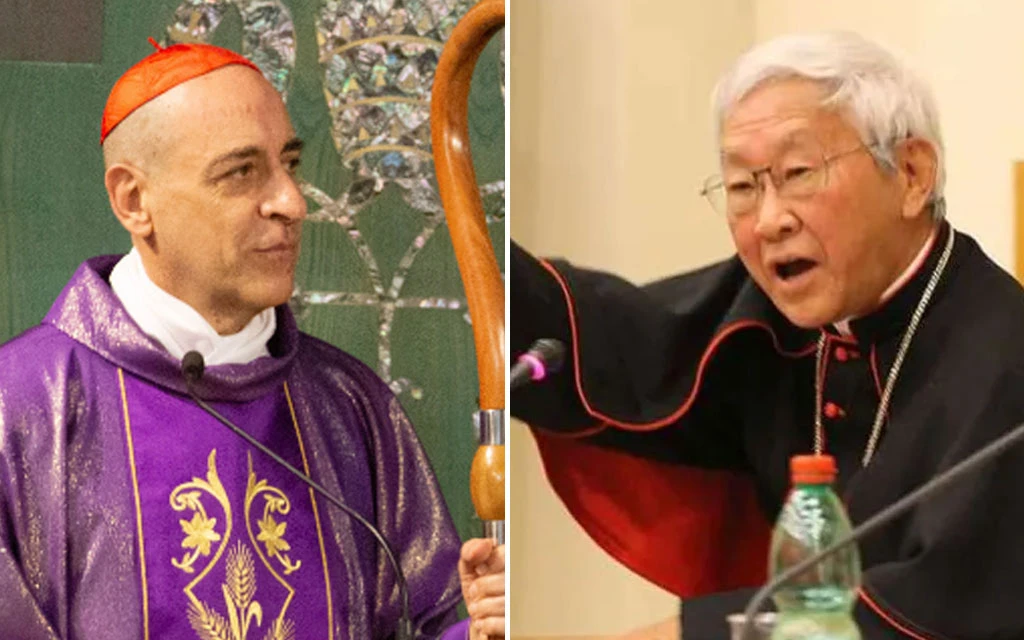“If this were true, then it would be easy for a priest to introduce them to the Divine Will. But here’s the problem: the statement says that the priest should not examine whether they have such intentions. How can the priest give a blessing if he is not sure that they have such an intention, or if he has reason to suspect that they have no such intention at all?
“In the Gospel, there are times when people ask Jesus to heal them, but He first says, ‘Your sins are forgiven.’ “His main concern was to free people from their sins (and, of course, he had already given them the grace to confess their sins),” he continues.
In that sense, the cardinal questioned: “If the priest is not sure that the ‘couple’ with whom he is dealing intends to live in full observance of God’s way of life, or if he is sure that they do not recognize in absolute that they live in sin, shouldn’t I introduce them to the will of God in the most loving way?
